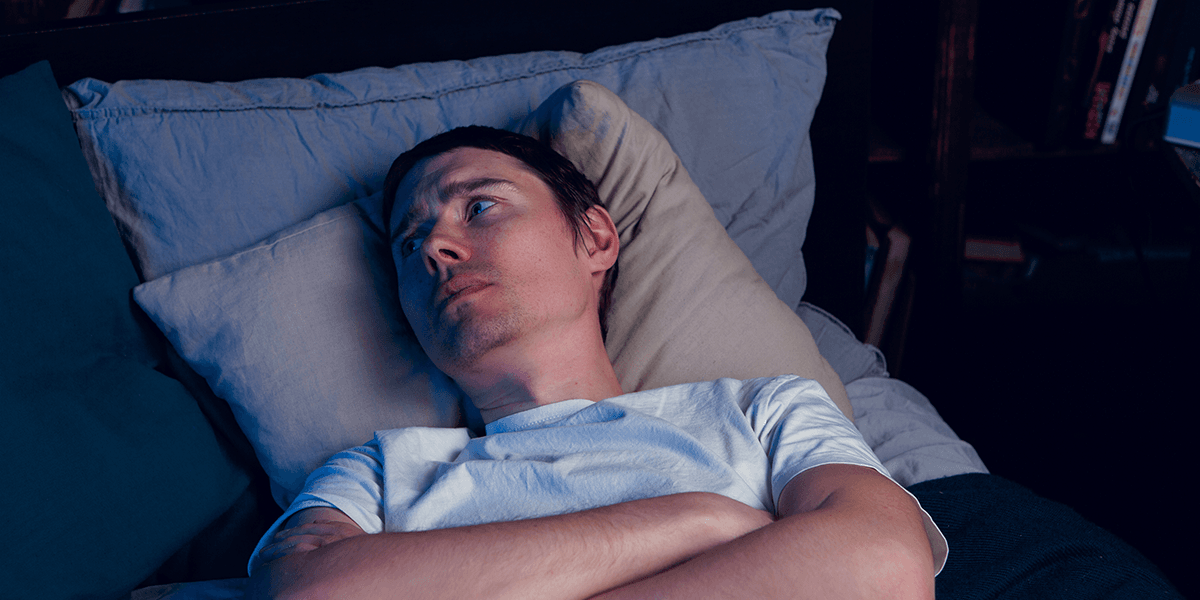The Endemic Problem Of Sleep
Heartfulness Author

Why your bad sleep habits might be costing you, and how to fix them Over the last year, insomnia has risen significantly in the general populace. Although overall stress and anxiety has also increased – both of which can have a negative impact on sleep patterns – other factors such as loss or interruption of routine have also been creating problems. Previous studies on sleep during events of high stress such as natural disasters and war have been shown to cause an adverse effect on circadian rhythms, and a study undertaken on the increased symptoms of insomnia in response to COVID-19 shows the same to be true for our current circumstances.
Health + Wellbeing
Sleep is incredibly important to both our physical and mental health. Sleep is how we process the day, it is the brain’s way of spring cleaning, working through old memories and making space for new ones. In this – and many other ways – for the brain, sleep and meditation share a similar function. And yet, sleep is something which many people do not prioritize. Most adults require at least seven and a half to eight hours sleep a night to achieve deep-sleep – the state in which the important memory processing takes place – but many do not achieve this. For many people, the brain is not thought of as something physical which needs rest in the same way we do the rest of the body – if you run a marathon your legs need to rest, you cannot run indefinitely. Your brain is running a marathon every day, and sleep is how it rests.
Sleep deficiency can have more of an impact on our daily lives than we realize, causing a lack of awareness and poorer reactions. A number of studies have found that in countries which participate in daylight savings, there is a noticeable increase of between 6% and 24% in incidences such as traffic accidents, heart-attacks, and even suicide due to the hour of sleep lost. Sleep can also affect our immune system, something which this past year has highlighted the importance of. At best, you will be more susceptible to colds; at worst, sleep deprivation has been linked as a cause of Cancer. Getting proper amounts of sleep can also reduce the risks of conditions such as Alzheimer’s.
Small Changes
Exercise in general is good and can make a huge difference to sleep and sleep quality, but if possible, try to do more strenuous exercise earlier in the day rather than later. Some gentle yoga to stretch your muscles and allow your body to be more comfortable in bed can also help.
You can also watch what you eat and drink before bed. Bananas are a good food to have before bed, as they contain an amino acid called tryptophan, which releases melatonin (the sleep inducer) and serotonin (the mood booster). They also contain potassium, which can reduce muscle cramp, and magnesium, which can regulate our mood and a lack of which has been linked to insomnia. Other melatonin-rich foods include cherries, sweet potatoes, and milk.
Stimulants such as caffeine and alcohol, on the other hand, will have an adverse effect on sleep if consumed before bed.
Sometimes the changes you may need to make are to the physical aspects of your sleeping situation. Your mattress might be too old or soft, which stops you from sleeping properly. Your room might be too hot at night – it is better to have a colder room and more blankets on the bed. Make sure your feet are warm.
Meditation
One of the biggest changes you can make, however, is through practicing meditation. Not only can meditation help you sleep better, but it can also mimic sleep in its benefits on your body. In fact, studies have shown that regular meditation can reduce sleep need and improve general performance.
A study undertaken in 2020 on the effects of Heartfulness meditation on sleep showed a significant decrease in insomnia amongst subjects who practiced Heartfulness meditation for several weeks, and previous studies have also shown that Heartfulness decreases emotional stress and burnout. Heartfulness Meditation’s cleaning-based part of the practice – which encourages letting go and removing the impressions and emotional stress one gains throughout the day – is particularly helpful for aiding sleep, as it helps create a positive and calm inner condition which is conducive for sleep-state. This srolehould be practiced after work, at the end of the day, or even just before you prepare to go to sleep.
Also Read: 90days of heartfulness practice